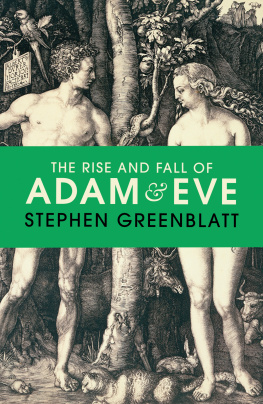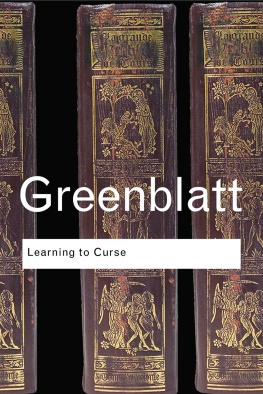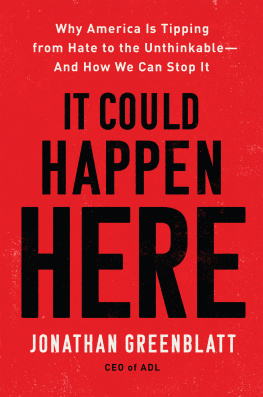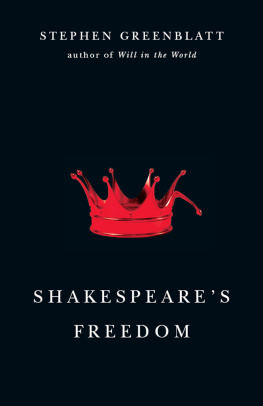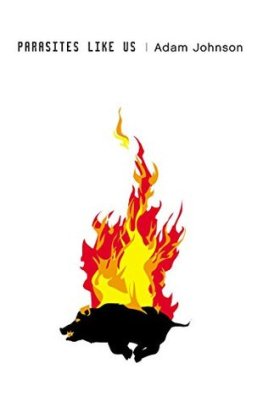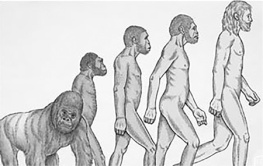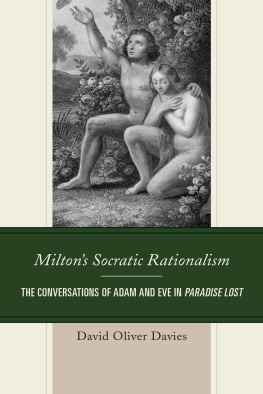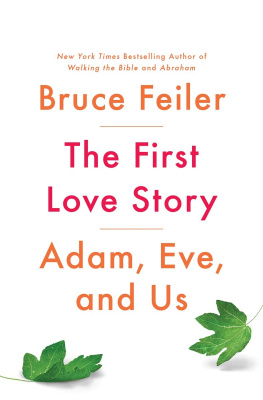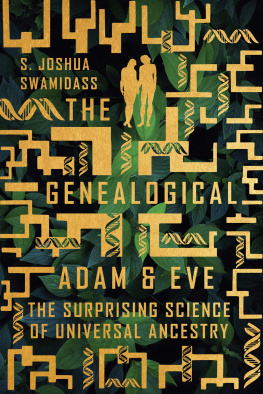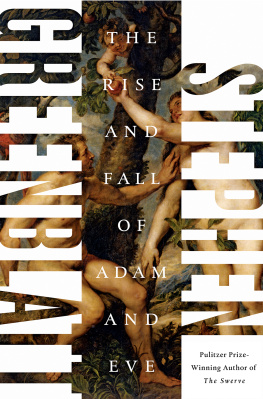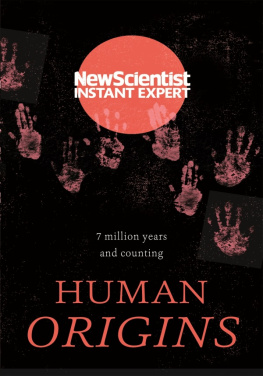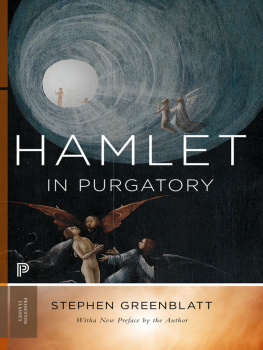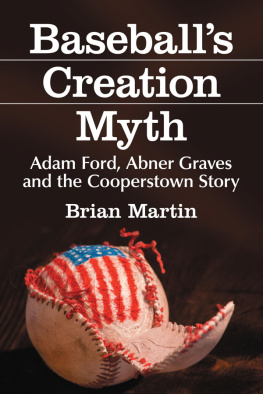ALSO BY STEPHEN GREENBLATT
The Swerve: How the World Became Modern
Shakespeares Freedom
Will in the World: How Shakespeare Became Shakespeare
Hamlet in Purgatory
Practicing New Historicism (with Catherine Gallagher)
Marvelous Possessions: The Wonder of the New World
Learning to Curse: Essays in Early Modern Culture
Shakespearean Negotiations: The Circulation of Social Energy in Renaissance England
Renaissance Self-Fashioning: From More to Shakespeare
Sir Walter Ralegh: The Renaissance Man and His Roles
Three Modern Satirists: Waugh, Orwell, and Huxley
EDITED BY STEPHEN GREENBLATT
Shakespeares Montaigne: The Florio Translation of the Essays (with Peter G. Platt)
Religio Medici and Urne-Buriall (with Ramie Targoff)
Cultural Mobility: A Manifesto
The Norton Anthology of English Literature (general editor)
The Norton Shakespeare (general editor)
New World Encounters
Redrawing the Boundaries: The Transformation of English and American Literary Studies
Representing the English Renaissance
Allegory and Representation
This ebook is copyright material and must not be copied, reproduced, transferred, distributed, leased, licensed or publicly performed or used in any way except as specifically permitted in writing by the publishers, as allowed under the terms and conditions under which it was purchased or as strictly permitted by applicable copyright law. Any unauthorized distribution or use of this text may be a direct infringement of the authors and publishers rights and those responsible may be liable in law accordingly.
Epub ISBN: 9781448182619
Version 1.0
1 3 5 7 9 10 8 6 4 2
VINTAGE
20 Vauxhall Bridge Road,
London SW1V 2SA
Vintage is part of the Penguin Random House group of companies whose addresses can be found at global.penguinrandomhouse.com.
Copyright Stephen Greenblatt 2017
Adam and Eve by Albrecht Drer, Cincinnati Art Museum, Ohio/Bridgeman Images
Endpapers: The Garden of Eden with the Fall of Man by Jan Brueghel & P. P. Rubens, Mauritshuis, The Netherlands/ Bridgeman Images
Stephen Greenblatt has asserted his right to be identified as the author of this Work in accordance with the Copyright, Designs and Patents Act 1988
First published in the United States by W. W. Norton & Company, Inc. in 2017
First published in Great Britain by The Bodley Head in 2017
penguin.co.uk/vintage
A CIP catalogue record for this book is available from the British Library
Book design by Ellen Cipriano
To Eden and Isaiah
Prologue
In the House of Worship
When I was a child, my parents told me that, during the priestly benediction that brings the Sabbath service to a close, we all had to bow our heads and keep our eyes down until the rabbis solemn words came to an end. It was extremely important to do so, they said, because in these moments God passed above our heads, and no one who saw God face-to-face could live.
I brooded on this prohibition. To look into the face of the Lord, I reasoned, must be the most wonderful thing any human being could experience. Nothing that I would ever see or do in all the years that lay ahead of me would even approach this one supreme vision. I reached a momentous decision: I would raise my eyes and see God for myself. It would be fatal, I understood, but the cost was surely not too high. I did not dare to tell my parents of my determination, for I knew that they would be distraught and try to dissuade me. I did not even tell my older brother Marty, since I feared he would reveal my secret. I would have to act alone.
Several Saturdays passed before I could muster the courage. But finally one morning, standing with my head bowed, I conquered my fear of death. Slowly, slowly while the rabbi intoned the ancient blessings, I raised my eyes. The air above my head was completely empty. And I found I was by no means alone in looking about the sanctuary. Many of the worshipers were glancing around, staring out the windows, or even gesturing to friends and mouthing greetings. I was filled with outrage: I have been lied to.
Many years have gone by since this moment, and I have never recovered the nave faith that led me to prepare to sacrifice my life for a vision of God. But something lives in me on the other side of lost illusions. I have been fascinated throughout my life by the stories that we humans invent in an attempt to make sense of our existence, and I have come to understand that the term lie is a woefully inadequate description of either the motive or the content of these stories, even at their most fantastical.
Humans cannot live without stories. We surround ourselves with them; we make them up in our sleep; we tell them to our children; we pay to have them told to us. Some of us create them professionally. And a few of usmyself includedspend our entire adult lives trying to understand their beauty, power, and influence.
This book is a life history of one of the most extraordinary stories ever told. God created Adam and Eve, the first man and the first woman, and placed them, naked and unashamed, in a garden of delights. He told them that they could eat the fruit of any of its trees, with a single exception. They must not eat from the tree of the knowledge of good and evil; on the day that they violated this one prohibition, they would die. A serpent, the subtlest of the beasts, struck up a conversation with the woman. He told her that disobeying the divine commandment would not lead to their deaths but rather would open their eyes and make them be like gods, knowing good and evil. Believing the serpent, Eve ate the forbidden fruit; she gave it to Adam, who also ate it. Their eyes were indeed opened: realizing that they were naked, they sewed fig leaves together to cover themselves. God called them and asked them what they had done. When they confessed, He issued various punishments: serpents would henceforth be forced to crawl on the ground and eat dirt; women would bring forth children in pain and would desire the men who ruled over them; and men would be compelled to sweat and labor for their sustenance, until they returned to the ground from which they were taken. For dust thou art, and unto dust shalt thou return. To prevent them from eating from another of the special treesthe tree of lifeand living forever, the humans, by Gods command, were driven forth from the garden. Armed cherubim were set to guard against any attempt to return.
Narrated at the beginning of Genesis, the story of Adam and Eve has over centuries decisively shaped conceptions of human origins and human destiny. On the face of things, it was highly unlikely ever to achieve such preeminence. It is a tale that might captivate the imagination of an impressionable child, such as I was, but grown-ups, in the past or present, could easily see that it bears the marks of the imagination at its most extravagant. A magical garden; a naked man and woman who are brought into existence in a way that no other humans have ever been born; people who know how to speak and function without the prolonged childhood that is the hallmark of our species; a mysterious warning about death that no such newly created beings could possibly understand; a talking snake; a tree that confers knowledge of good and evil; another tree that confers eternal life; supernatural guardians wielding flaming swords. This is fiction at its most fictional, a story that revels in the delights of make-believe.

